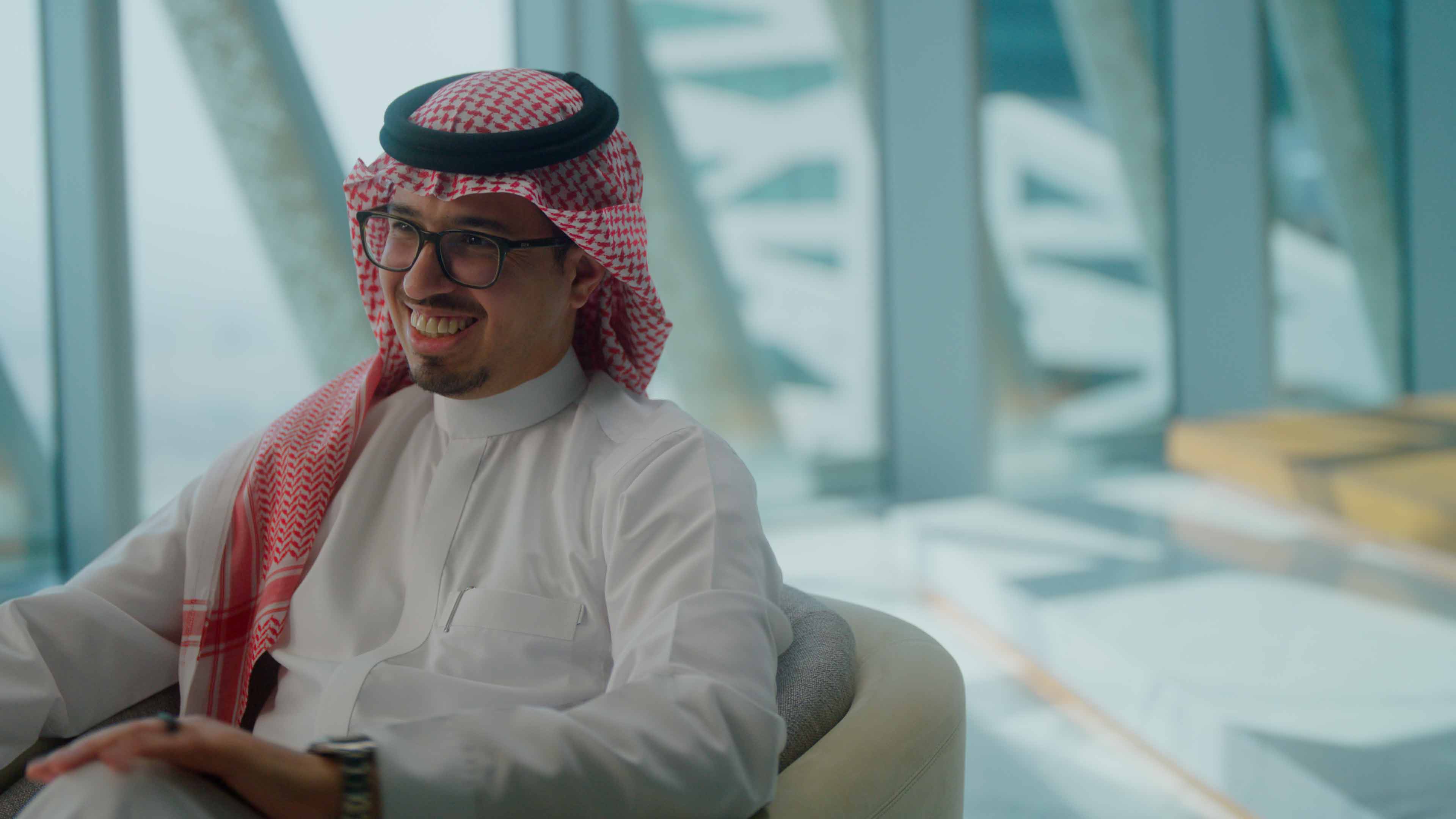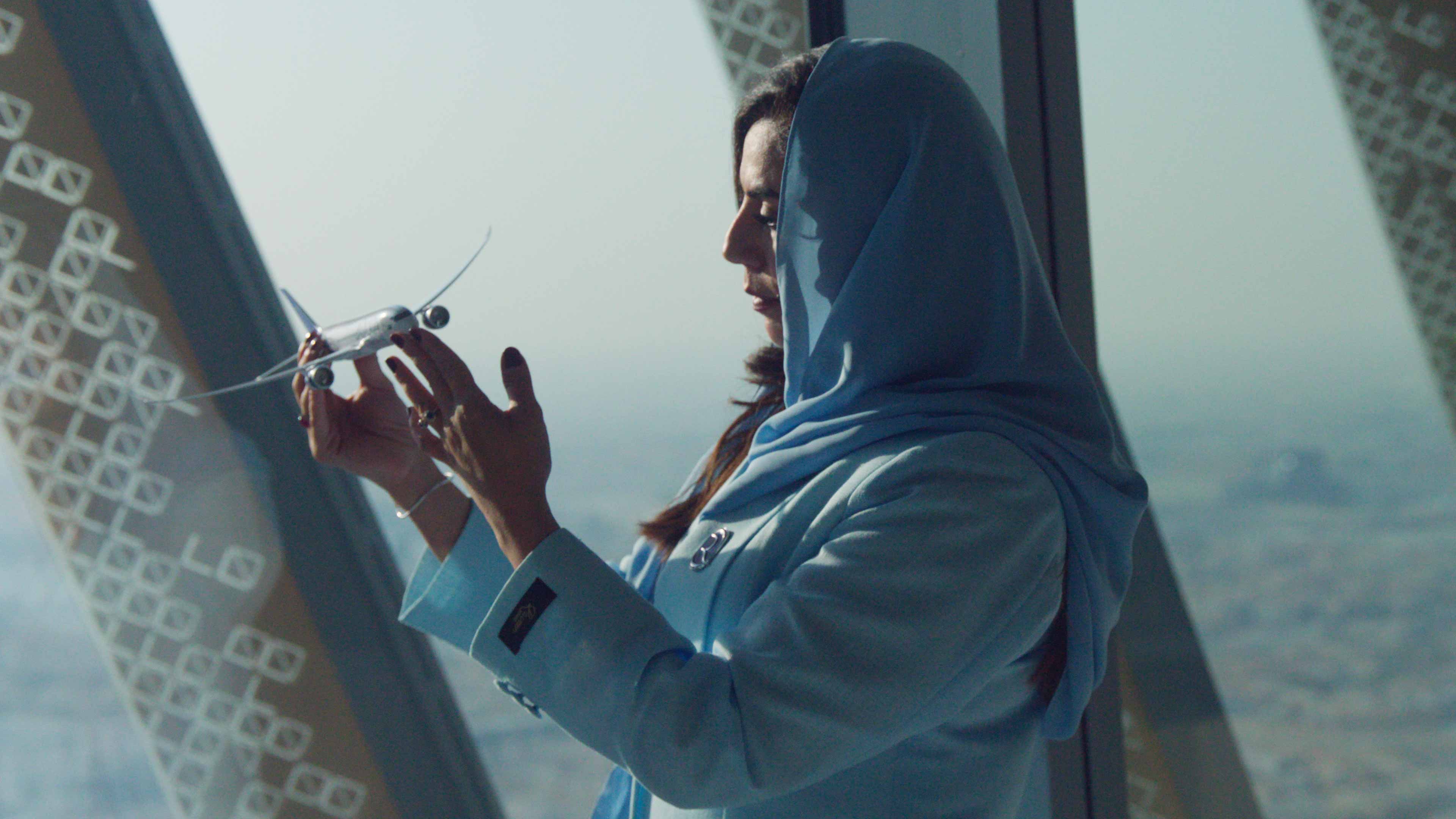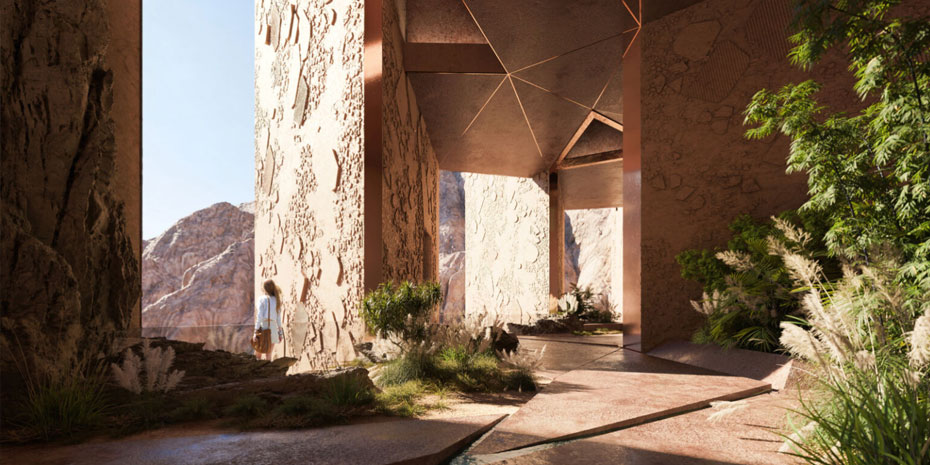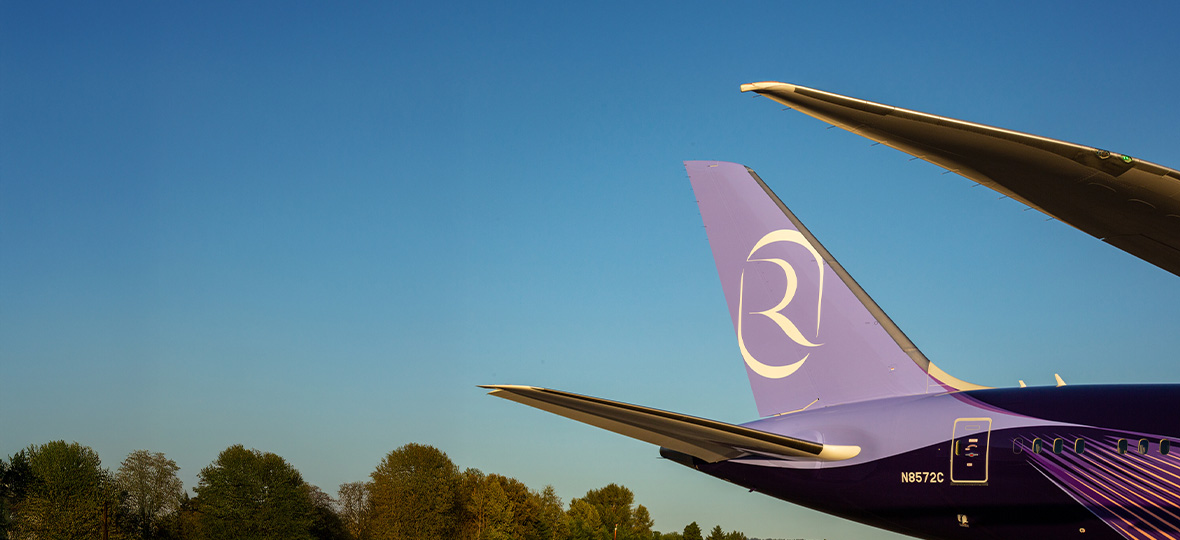The PIF Effect: Setting blueprints for growth in Saudi Arabia and the world
From the Red Sea coast to the Riyadh skyline, Saudi Arabia is transforming before the world’s eyes, with PIF developing projects at extraordinary scale with impacts across the globe.
The roar of world-class football at a fan-packed stadium, the launch of Riyadh Air, and the development of luxury resorts set to be powered by renewable energy signal a country redefining itself in a bold new era.
The Public Investment Fund (PIF), one of the world’s largest sovereign wealth funds, is making unprecedented investments across sports, tourism and aviation – among other strategic sectors – to diversify the economy and position Saudi Arabia as a global hub.
These initiatives aren’t just forging partnerships and unlocking opportunities. The aim is to set a blueprint for growth that seeks to inspire business worldwide, with the potential to elevate industry, create jobs and innovate supply chains.
Elevating the future of sport, entertainment and tourism
In Saudi Arabia, change is happening fast.
Around 63% of the country’s population is under 30. Sports, leisure and entertainment investments are a natural fit for this dynamic and active society.

“I was always fascinated with how you can create an economy out of something fun, something you grow up loving automatically,” -- Feras Sheraiff, head of sports investments unit in direct investment, PIF.
These “fun” sectors are booming. Sports and entertainment are expected to redefine Saudi Arabia in the next five years. It’s been estimated that esports alone could add US $13 billion to the economy by 2030, spurring tourism, trade and innovation. In fact, PIF-owned Savvy Games Group is the world’s largest esports company and one of the largest games publishers globally.
Providing ecosystems for sectors to grow has been key in development in Saudi Arabia. SURJ Sports Investment, a PIF company geared to enable the sports sector across Saudi Arabia and the Middle East North Africa (MENA) region, is unlocking commercial value through technology, media, programming, IP rights and venue commercialisation.
“There’s been enormous growth,” says Sheraiff.
As sports grow, so do other sectors, such as tourism and manufacturing, with far-reaching ripples like job creation, technology and innovation. Bringing global events to Saudi Arabia, such as the FIFA World Cup in 2034, will add to this ripple effect.
Saudi Arabia is set to host several world-class events, including the 2034 FIFA World Cup, and has already hosted the America’s Cup, European Golf Tour, Diriyah ePrix, Dakar Rally and Saudi Arabian Formula One Grand Prix.
“We look at the entire value chain. Where can we create an impact not only at the sports level, but also at the commercial or economic level?” Sheraiff explains.
“There’s a lot of great work we’re doing today that will be impactful for years to come.”
Building gateways to economic benefits
To witness Saudi Arabia’s ambition firsthand, look to the skies. In 2025, PIF-owned Riyadh Air, Saudi Arabia’s new flagship carrier, will begin operations, flying to 100 destinations by 2030. PIF expects the airline to add $20 bn to GDP and create more than 200,000 direct and indirect jobs across infrastructure, facilities, goods and services. Sitting at a crossroads between Europe, Africa and Asia, King Salman International Airport, a next-generation aviation hub now under development, aims to target 120 million annual travellers by 2030.
Dr Mody AlKhalaf, director of talent and learning for Riyadh Air, believes that this represents more than a boom for infrastructure. “It will position [Riyadh] as a global gateway,” she says, centring Saudi Arabia as a nexus for commerce, culture and – increasingly – tourism.
As Saudi Arabia emerges as an intriguing travel destination, Riyadh Air will make it easier for international visitors to explore the country’s diversity of attractions, from its ambitious luxury hospitality projects along the Red Sea to its rich historical sites, such as the enigmatic AlUla and ancient desert city of Diriyah.
Riyadh Air is “digitally native,” AlKhalaf explains. The airline is not only tapping into digital technologies to create a more seamless guest experience (for example, in-flight entertainment, connectivity, and payment technologies), it’s also creating a corporate culture that buys into innovation, as well as the value of company-wide collaboration.

Aviation workforce development is also a focus at Riyadh Air – including increasing women’s participation. Riyadh Air’s first intake of Saudi women trainee aircraft engineers started their diploma course in 2024.
“The cabin crew, the corporates, IT – everybody has the same vision, same drive to show true Saudi Arabian hospitality,” says AlKhalaf.
“We’re trying to create a culture that is resilient against the fast growth that we’re going through. Riyadh Air is different from any other airline.”
A new wave of tourism
Dr Lina Eyouni is in an enviable position. The pioneering oceanographer gets to do what she loves and count it as work. The country’s first representative in Unesco’s Intergovernmental Oceanographic Commission (IOC), Eyouni is the senior manager for environmental quality and monitoring at Red Sea Global, the PIF company redefining Saudi Arabia’s western shores.
“My work is satisfying my passion for taking care of the Red Sea.” Lina Eyouni, oceanographer, Red Sea Global
Red Sea Global is building toward 50 luxury hotels at The Red Sea giga-project, cementing its status as a global tourism destination. But resorts are only part of the equation.
The pristine setting of islands with coral reefs calls for a focus on addressing, through technology, some of the environmental impact of the area’s development. As of 2023, the project had installed 760,000 solar panels, planted 600,000 mangrove seedlings, relocated about 100,000 corals and created new wetlands.

Eyouni’s work as a pilot of remotely operated vehicles and specialist in high-frequency radar informs science-based guidance for such initiatives, often in unseen ways.
“I oversee how meteorological and oceanographic [conditions] affect the environment – not just for marine and land sites, but also the air,” she says.
After welcoming a record-setting 100 million tourists in 2023, Saudi Arabia believes these initiatives could establish the country as a leader in tourism.
“I feel very responsible and so proud,” Eyouni says, “[these pioneering investments] “rethink what’s possible.”
Produced for PIF by BBC StoryWorks Commercial Productions
-
-
PIF News Network
12 May 2025 Luxury meets sustainability in Saudi Arabia’s landmark wellness escapes -
-
PIF News Network
29 April 2025 Fast-tracking Saudi Arabia’s economic diversification, from aviation to logistics


.jpg?h=752&iar=0&w=370)
.jpg?h=465&iar=0&w=930)


